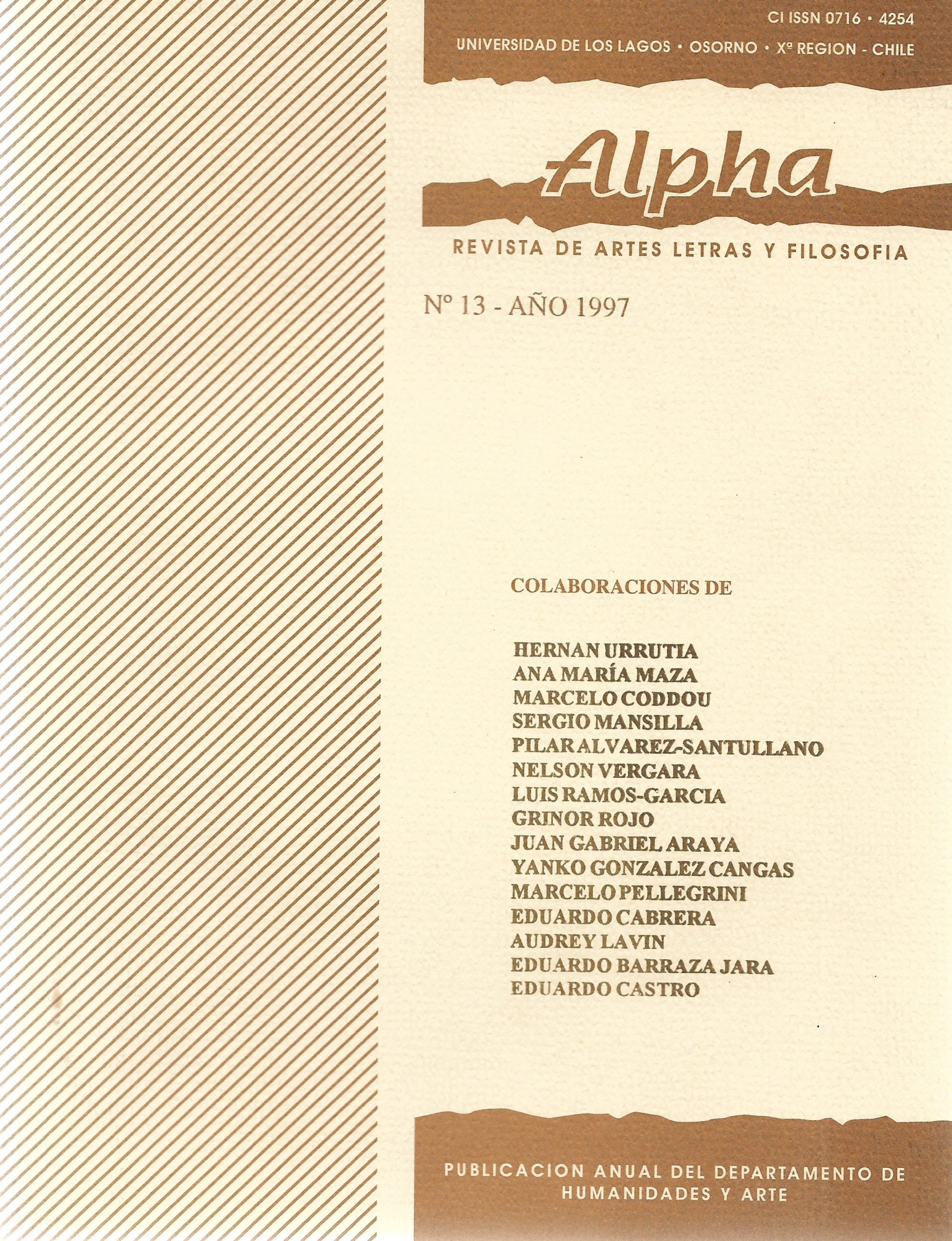Judah al-Harizi: La connexión judío-árabe inesperada
Contenido principal del artículo
Resumen
Tanto los mercaderes como los poetas ambulantes judíos fueron responsables, en parte, por la introducción de ideas nuevas en Europa durante los siglos XXII y XXIII. Casi sin ser afectados por los acontecimientos contemporáneos como las Cruzadas y la firma de la Carta Magna, estos judíos viajaban libremente entre tierras cristianas y musulmanas, convirtiéndose en intermediarios culturales. A partir del siglo XIV, la frecuencia de estos viajes disminuyó considerablemente a causa de la propagación de las dos epidemias entre 1350 y 1400: la plaga bubónica y la inquisición. Pero, hasta entonces, mientras el judaísmo había prosperado en la Europa oriental, y en particular en la España bajo el reinado de los moros, los judíos, tal como Judah ben Solomón ben Hophni Al-Harizi, facilitaron la transmisión a los cristianos de las ciencias árabes, la filosofía griega, además de los comentarios de la Biblia (de Rashi, ibn Ezra y Maimónides) y otras obras judías. Esto, por lo tanto, ocasionó una Revolución intelectual en su propio tiempo y, más tarde, contribuyó a la naciente ideología del Renacimiento.

